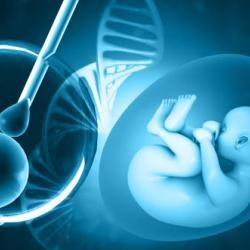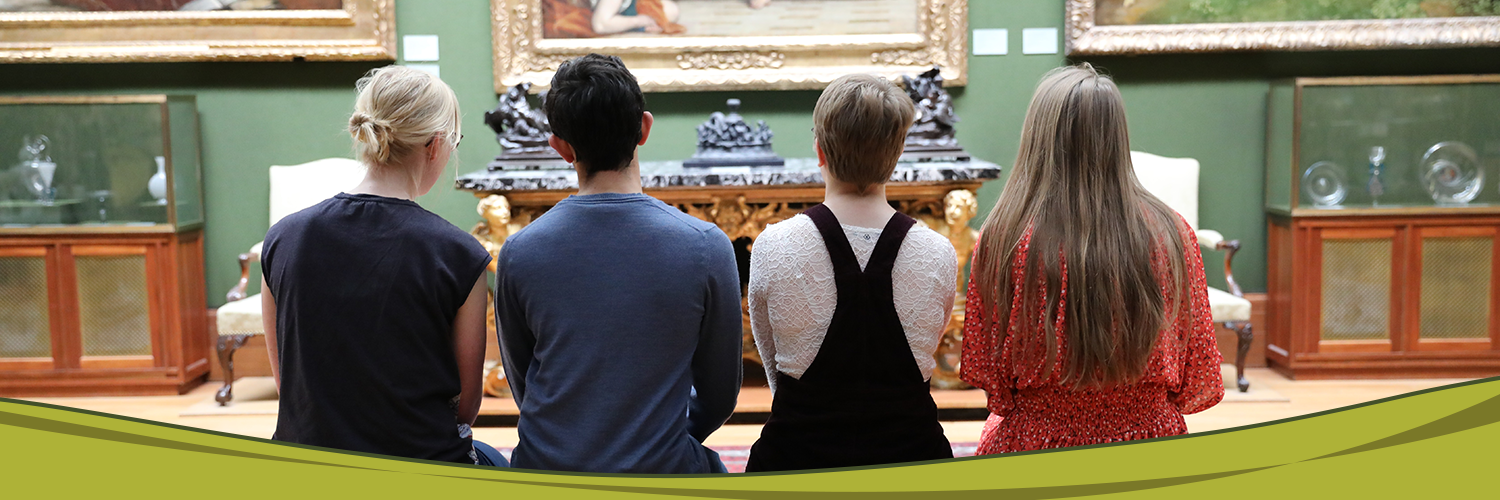Our project seeks to harness the benefits of cross-disciplinarity to explore the profound significance of reproduction across various fields. By addressing urgent issues such as the climate crisis and artificial intelligence, we aim to highlight the far-reaching impact of reproduction in today's world. Reproduction, from intimate moments to planetary politics, plays a pivotal role in shaping our societies and confronting urgent challenges.
Our three interconnected strands delve into:
1. The Reproductive Turn: This strand challenges conventional perspectives by examining reproduction through a multidisciplinary lens, offering fresh insights and prompting critical reflections. Through engaging events and interactive discussions, we aim to redefine the significance of reproduction across various disciplines.
2. Reproductive Justice in the Climate Crisis: Addressing the disproportionate impact of the climate crisis on reproductive health and autonomy, this strand aims to foster dialogue on reproductive politics, social inequality, and environmental justice. By adopting an intersectional and transnational framework, we aim to confront myths surrounding overpopulation and advocate for reproductive justice.
3. Artificial Intelligence and IVF: This strand explores the potential of artificial intelligence (AI) to revolutionize in vitro fertilization (IVF) techniques while addressing ethical and practical challenges. By bringing together experts from diverse fields, we aim to map the research landscape, identify key challenges, and pave the way for responsible AI integration in IVF clinics.
Through these initiatives, we aim to propel reproductive studies into the forefront of academic inquiry, fostering collaboration and innovation to address the complex challenges of our time.
Events
Highlights
Forum: The Reproductive Turn
18 October 2023, Christ's College
Speakers included:
-
Sarah Franklin (Sociology)
-
Brian Sloan (Law)
-
Amanda Sferruzzi-Perri (Physiology, Development and Neuroscience)
-
Catherine Aiken (Obstetrics and Gynaecology)
-
Ian Henderson (Plant Sciences)
-
Nick Hopwood (History and Philosophy of Science)
-
Julieta Chaparro Buitrago (Sociology)
-
Anna Berman (Modern and Medieval Languages and Linguistics)
This event brought together 40 attendees from various disciplines. Feedback was overwhelmingly positive, with attendees praising the multidisciplinary approach and the quality of speakers.
Cambridge Reading Group on Reproduction
The reading group, held twice-termly, has attracted 35 registered participants, with up to 15 attendees per session. Sessions involve engaging with classics and new work in a wide range of disciplines, fostering interdisciplinary dialogue. Recent Sessions have included discussions on works by François Jacob, Ian Wilmut, and Oldak et al.
Reproductive Justice in the Climate Crisis
Three seminars are planned, addressing the intersection between the climate crisis and reproductive justice. Seminars to chaired by Dr. R. Sanchez-Rivera (Sociology). Speakers from various disciplines will address issues such as the overpopulation myth and climate change.
Artificial Intelligence and IVF
Planning for activities in this strand is currently in progress, aiming to address challenges surrounding the use of AI in IVF clinics.




